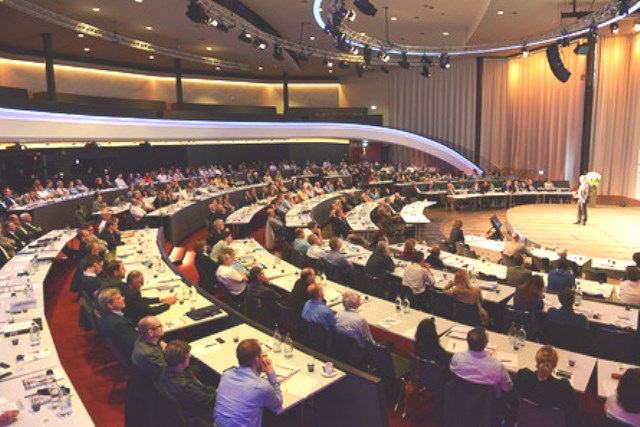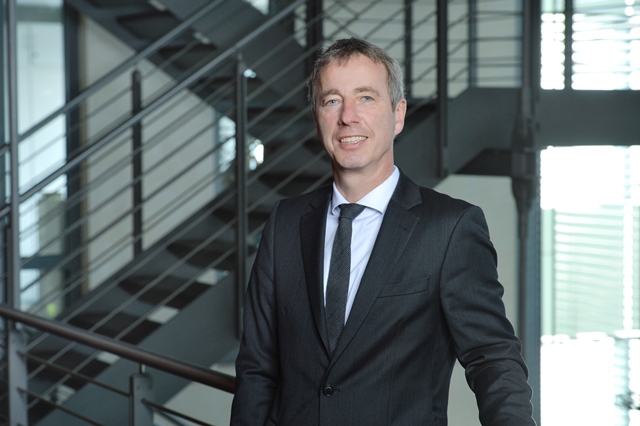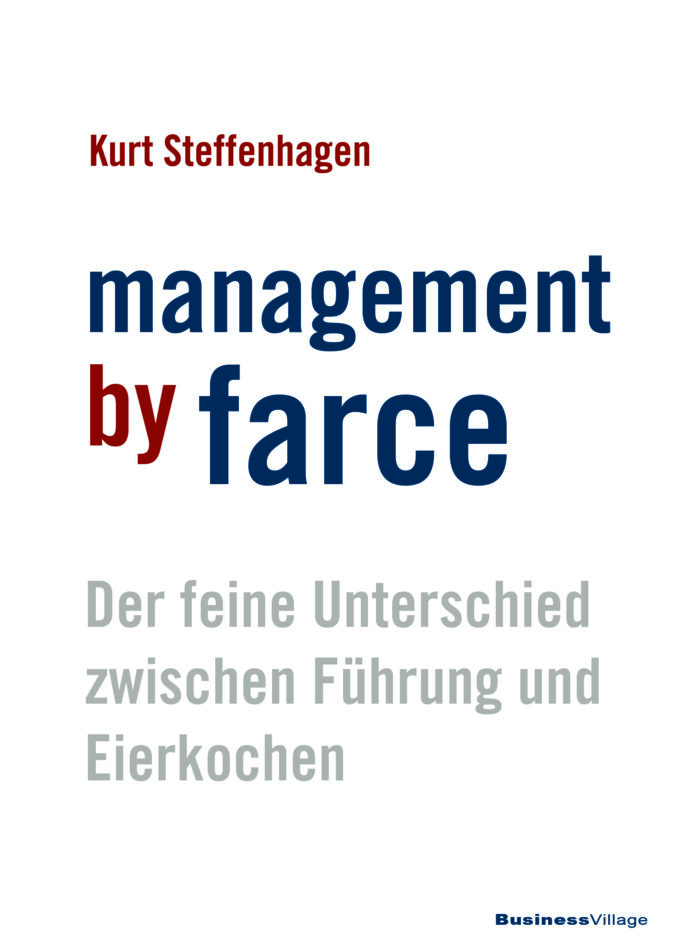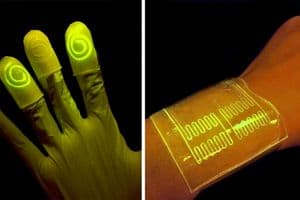Swiss Quality Day 2017
Swiss Quality Day 2017 is all about new dimensions of quality. The digital revolution has triggered a profound transformation process in the Swiss economy. New ideas are taking flight and inspiring with services that go beyond the usual product benefits. They engage customers and markets.

What does Swiss quality represent? No one could put it better than Johann N. Schneider-Ammann, Federal Councillor and Head of the Federal Department of Economic Affairs and Energy (EAER), in his laudatory speech for the upcoming day's event: "For me, the dimensions of quality combined are synonymous with excellence when the degree of fulfilment is high. In doing so, it must of course also be sustainable and socially responsible - and in particular open to new dimensions of quality, for example in connection with digitalisation."
New opportunities
How do you create success between digital technology, the environment and people? How does the economy deal with opportunities? How do processes and systems change? And which examples show how amazing companies create new dimensions of quality with Swiss solidity and digital innovation?
Speakers such as Dr. Joël Luc Cachelin, Wissensfabrik, will talk about opportunities and challenges for SMEs at this year's Swiss Quality Day.
You are sure to learn a lot about this in other presentations such as the one on "Intercultural Quality Management" by Prof. Dr.-Ing. Gerald Winz, Kempten University of Applied Sciences, or in practical talks on "Digital Communication" - which will be discussed by Joao Lourenco, Head of Marketing Communication Strategy, Performance & Media Planning at Swisscom (Switzerland) AG, among others.
Finally, the unconventional book author and self-proclaimed "digital therapist" Anitra Eggler will also inspire the Swiss Quality Day with novel self-management methods.
This year's Seghezzi Prize will be awarded to Prof. Dr. Martina Zölch. The day will be opened by Xaver Edelmann, President SQS, Ruedi Lustenberger, President SAQ, will close the Swiss Quality Day in the Kursaal in Bern.
Swiss Quality Day 2017, Wednesday, 10 May 2017, Kursaal Bern. Details of the programme and registration can be found at this address: www.tagderschweizerqualität.ch


















